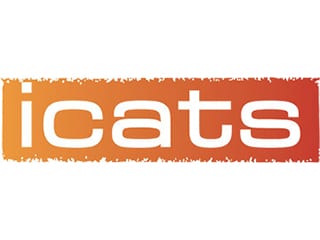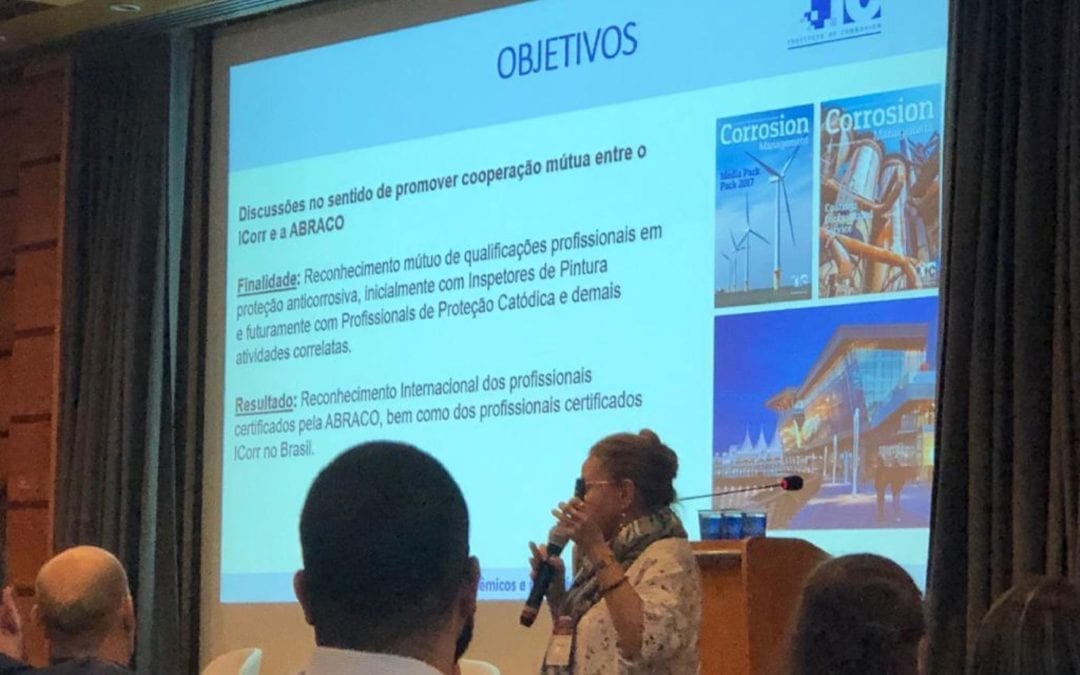Real-time data to boost your effectiveness and efficiency
In the constant battle against the potentially catastrophic effects of corrosion, coating inspection is a critical strategy. However, for many coating inspectors, recording site data is a laborious task and one that suffers from the potential for costly errors.
Thankfully, the latest coating inspection technology offers a faster and more effective alternative to outdated paper-based inspection methods.
Paper: an outdated technology for coating inspection
We may not view paper as high-tech, but it was certainly so when it was first invented. The ability to record information on something that could be placed in a pocket and transported easily, in a format that was easy to share would have been the height of technology many years ago.
Paper allowed the world to record the results of experiments, gather and distribute news, and create books and maps. In its day, paper was the world’s Google, Kindle, and GPS.
Paper took such a hold on society that it became part of human DNA. We write lists, record memories, read news, and use paper to gain entry to events. Our money is paper.
However, the addiction we have with paper is shifting. All technologies have their day, and in recent years society has been learning to live without paper. Sat Navs have replaced maps. You can carry a whole library of eBooks wherever you go. Recipes are watched on various devices instead of reading from cookbooks.
We are choosing technology to replace paper in many aspects of our lives – including at work. And the corrosion industry is no exception. For example, paint and equipment manufacturers have automated processes. Testing equipment has gone digital and is connected by Bluetooth technology. However, site data hasn’t kept pace with technology – until now.
How are you collecting your site data?
During and after a painting project, there is a lot of data that must be collected and collated daily. This includes:
- Labour and shift details
- Ambient conditions
- Surface preparation
- Application sessions
- Test data
- Plant and equipment and photos
The use of paper is engrained in the DNA of the protective coatings industry. Traditionally, site data is recorded on A4 worksheets to be stored in lever arch files. These files contain daily reports, time sheets, data sheets, and a whole ream of other information. They are stored on shelves and boxes for years.
So why does the industry continue to work this way? If it isn’t broken, don’t fix it, right?
The problem with paper
Setting aside the environmental negatives from our reliance on paper, there are several downsides of continuing to rely on paper as your way of recording and communicating site data.
· Storage space
Those boxes of lever arch files that must be stored take up an incredible amount of space. Shelves and shelves of space, which develop into rooms. Often in basements, and often rarely visited. That unused space costs money.
· Inefficiency and error
Recording information on paper leaves a lot of room for potential errors or misinterpretation of handwritten information.
On top of the inefficiency of space, compiling reports from paper records is inefficient, too – and with more potential for errors to be transferred or multiplied.
· Poor use of time
When using paper systems, the time it takes to compile data, store it, use it and transfer it (often by manipulation, scanning, photocopying, attaching to emails, etc.) is all at a cost. Data held on paper is also of no use until it is stored electronically – how often have you needed information that is unavailable because it remains in a coating inspector’s vehicle because he’s in the field for a few days?
In today’s technological age, the paper system is broken. It’s inefficient, reduces your effectiveness, and it’s costly and environmentally unfriendly.
Elcometer and IRIS – revolutionary painting and corrosion inspection technology
Mobile technology has revolutionised the way we live and work. Given that it is essential that coating inspection tasks are correctly logged and that records are maintained so that they are readily available for review and auditing, digital record keeping in the industry is long overdue. There are two notable systems that offer this functionality – one in the United States and one in the UK. Of course, it should be noted that other commercial systems are available.
ElcoMaster (UK)
ElcoMaster from Elcometer is a software package that allows you to transfer data via Bluetooth and Cloud applications. You can scan handwritten notes and convert to PDF to store in project files. Data can be imported and combined from Elcometer gauges. With this system you can:
- Store data in file trees, by project and inspection type
- Conduct on-screen analysis
- Generate reports instantly using standard or pre-designed templates
- Produce bespoke reports
IRIS (UK)
Developed by a team which includes Institute of Corrosion and NACE inspectors, and one of the UK’s leading paint consultants, IRIS (Intelligent Reporting Inspection Software) allows painting contractors and inspectors to record and upload data from their mobile device. The system enables:
- Recording of all essential information, including ambient conditions, surface preparation, coating applications and inspections
- Data entry to be made online and offline (if no internet connection is available)
- Sending of reports (such as daily journals, non-conformance, and corrective actions) to multiple recipients
- Compliance with all relevant international standards
- Easy file retrieval at the click of a button
- Reduction of your carbon footprint by going paperless
The system is compatible with both IOS and Android devices, and allows information and data to be shared in real time.
Managed from a desktop dashboard, remote employees and contractors have access to the system and can create different reports as needed for clients before loading back to the desktop. This is an excellent way to keep track of daily inspections in real time, and enables the recipients to be kept up to speed with quality and whether any Non-Conformance Reports, Compliance Assessment Reports or technical queries are raised.
Summing up
Systems like IRIS and ElcoMaster are changing the way in which painting contractors and inspectors work. Your mobile phone or tablet is now an essential work tool, helping you to work more accurately and more efficiently.
Data collection and distribution that used to take half your day now takes just a couple of minutes. You can get more done in less time, and take your professionalism to the next level in an industry that is becoming more highly regulated, with increasing numbers of companies and regulatory bodies insisting that applicators and inspectors are fully trained to the highest standards.
For more information about Coating and Inspection training, check out our dedicated training course pages.




